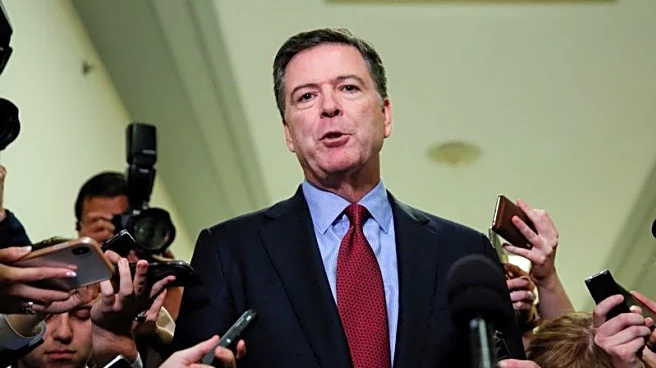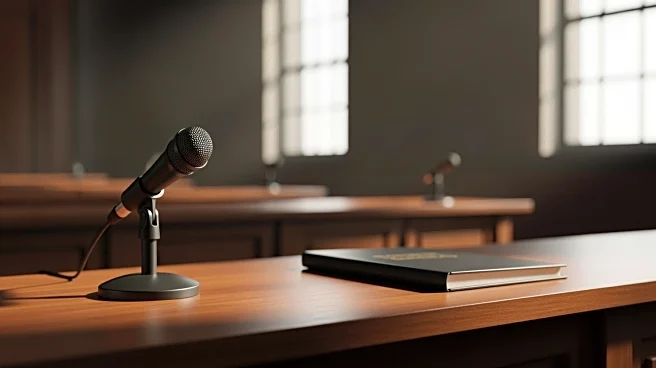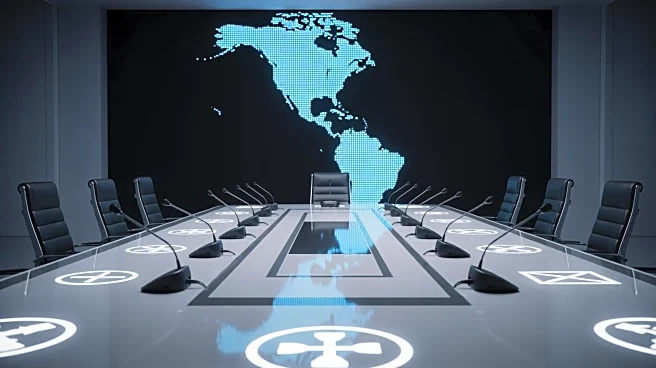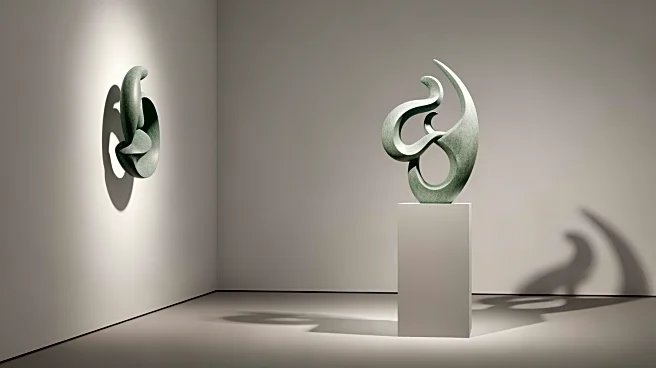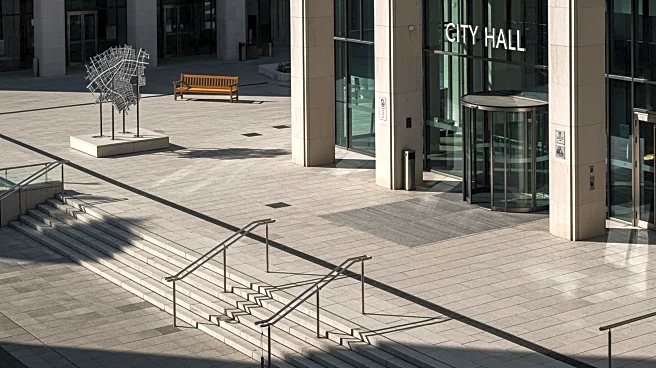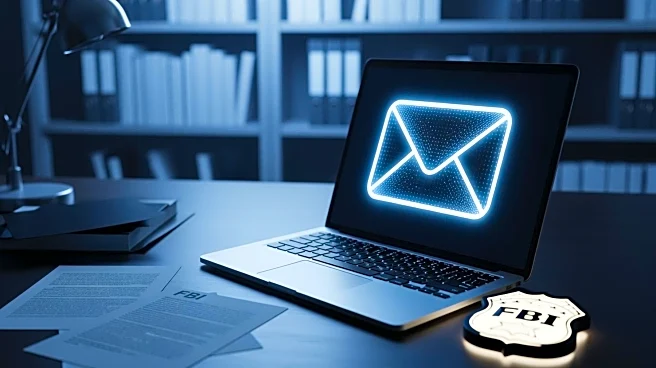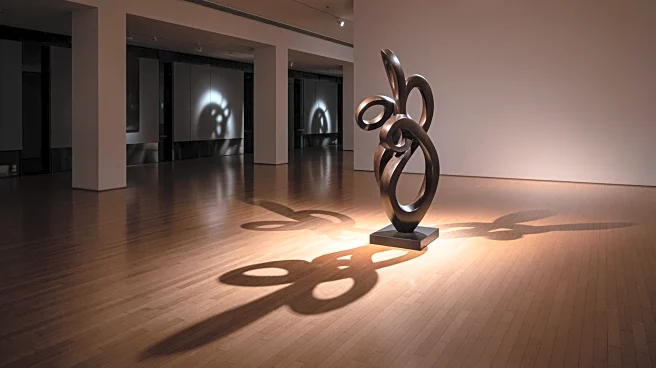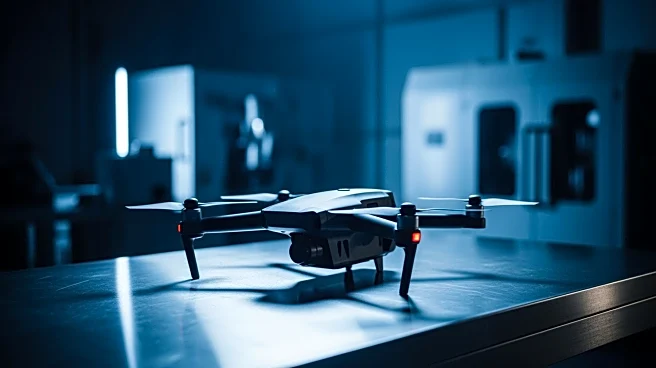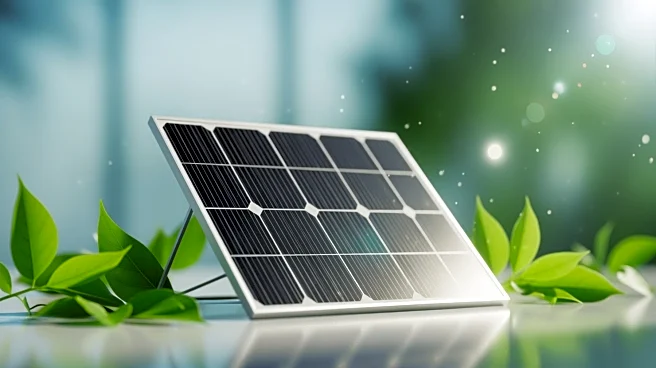By Andrew Goudsward and Sarah N. Lynch
ALEXANDRIA, Virginia (Reuters) -Lawyers for former FBI Director James Comey will renew their attempts to get a criminal case against him tossed out on Wednesday, arguing that President Donald Trump's personal animosity improperly motivated the prosecution.
The hearing before U.S. District Judge Michael Nachmanoff in Alexandria, Virginia will test whether Trump’s public calls for prosecuting perceived political enemies could derail the Justice Department’s cases
against his targets.
Nachmanoff is expected to weigh Trump's influence on prosecutors as he considers Comey's argument that the case is an improper “vindictive” prosecution brought solely to punish Comey for his criticism of Trump.
Comey is one of three longtime Trump adversaries who have been charged in recent weeks after the president, who campaigned in part on a vow of retribution, demanded action against high-profile figures who have investigated or criticized him.
Prosecutors have also charged New York Attorney General Letitia James, an elected Democrat, and John Bolton, Trump's former national security adviser.
Comey was charged in September with making false statements and obstructing a congressional investigation for allegedly lying to a Senate committee when he said he stood behind prior testimony denying that he authorized disclosures about FBI investigations to the news media.
Comey, who has pleaded not guilty, has launched a multi-pronged effort to have the charges dismissed before a trial.
His lawyers pointed to Trump’s years of social media broadsides against Comey dating back to 2017, when Trump fired Comey as FBI director amid an investigation into alleged ties between Trump's 2016 presidential campaign and Russia. Comey later called Trump unfit for office.
They also cited Trump’s decision to name Lindsey Halligan, his former personal lawyer who had no prior prosecutorial experience, as the interim U.S. Attorney to take over the case after her predecessor was forced out in part over his reluctance to charge Comey.
Prosecutors argued Comey did not clear the high legal bar to allow courts to second-guess charging decisions made by prosecutors. They argued Trump’s repeated criticisms of Comey as a “leaker” showed a legitimate need for the investigation.
HALLIGAN APPOINTMENT, TACTICS CHALLENGED
Halligan’s role in cases against Comey and James, another longtime Trump foe, has already come under intense scrutiny by courts.
A different judge - Cameron McGowan Currie - has expressed skepticism that Halligan was lawfully appointed as interim U.S. attorney for the Eastern District of Virginia, and is expected to rule on the issue before Thanksgiving.
Meanwhile, U.S. Magistrate Judge William Fitzpatrick, tasked with deciding certain pre-trial issues in Comey’s case, concluded in a ruling this week that Halligan may have made significant legal errors before the grand jury that indicted Comey.
Vindictive prosecution motions allow defendants to challenge criminal charges by arguing they were prosecuted as punishment for exercising their legal rights. Those arguments are rarely successful, but they have received renewed attention as Trump wields the power of criminal prosecution against his critics.
James, who successfully sued Trump and his family business last year, has made a similar attempt to toss mortgage-related charges against her.
(Reporting by Andrew Goudsward and Sarah N. Lynch;Editing by Bill Berkrot)
